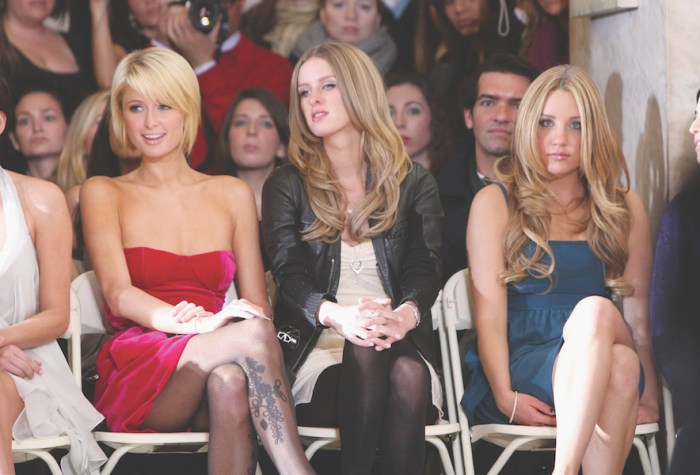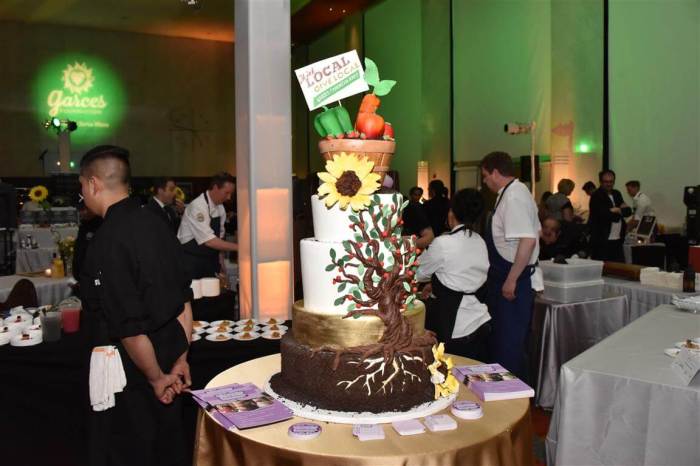Singers and songwriters have been flocking to New York for decades, and the city has been the birthplace of popular music genres since the before the invention of the record.
But, according to organizers with New York Is Music, a group of businesses and organizations working to grow New York State’s music industry, all aspects of the business, from live shows, to recording studios and post-production, are being scooped up by other cities all too eager to welcome them.
“We’re losing it (the music industry), we’re actively losing it with these incentives,” said William Harvey, a co-founder of New York is Music. “Nashville has a whole agency devoted to helping New York business relocate.”
Harvey, a designer who has lived in Williamsburg for the past 25 years, said the idea for the coalition came out of multiple, informal conversations he’s had with people in the music industry, some about how studios were picking up and going to cities like Toronto to make an album. Harvey said he started learning about incentives offered in other U.S. cities, such as Nashville and Austin, and realized New York had nothing on the city or state level to lure — or keep — music in the Empire State.
Harvey’s next call was to Assemblyman Joe Lentol (D-North Brooklyn), who penned the legislation that became New York’s Film Tax Credit Program a decade ago, and the two agreed they should work on something. And, Harvey teamed up with Justin Kalifowitz, CEO of Downtown Music Publishing, after they discovered they’re on the “same wavelength.” They’ve been working toward making the music tax credit a reality ever since.
“We’re trying to focus the public’s attention, the public servant’s attention on the scale and diverse nature that is the New York music industry,” Harvey said. “Hopefully the net effect would be more music production in the city … that will drive more business to New York, which means more hotels booked, more restaurants booked, more car services booked, more lattes being served, more equipment rentals taking place. All these engineers and working musicians should have more work; all of these things will generate a revenue stream.”
To date, New York is Music has more than 60 businesses and organizations that support the idea of a state music tax credit.
In February, Lentol introduced a bill that would give a 20 percent tax break up to $60 million to companies and individuals involved with creating music.
“New York, New York, we think it’s the darling of music aficionados, but the world has changed,” Assemblyman Lentol said.
Lentol said he’s hoping the tax credit will benefit the “smaller people” — the musicians who might be barely able to afford a “cubbyhole” in Williamsburg. But, Lentol said, the legislation has to target the music industry as a whole “to get the most of the benefit.”
The next step, Lentol said, is to have a roundtable discussion in Brooklyn next month, then Albany, to adjust the bill to better fit the needs of the industry. He then hopes to get a proposal passed the new legislative session, which starts in January.
For co-founder Kalifowitz, the music tax credit isn’t about looking back, or holding on to what New York music once was. In fact, Kalifowtiz said the different groups under the New York music umbrella have always been “disparate.” Looking forward, he hopes the music tax credit will be a way to make the city a “hospitable place for songwriters and artists.”
“They are the genesis of business, many want to live here, that goes without saying,” Kalifowitz said. “The industry benefits tremendously from the clustering effect that happens when the entire ecosystem is closely aligned, and doesreally well when groups of creators are in one place.”


















